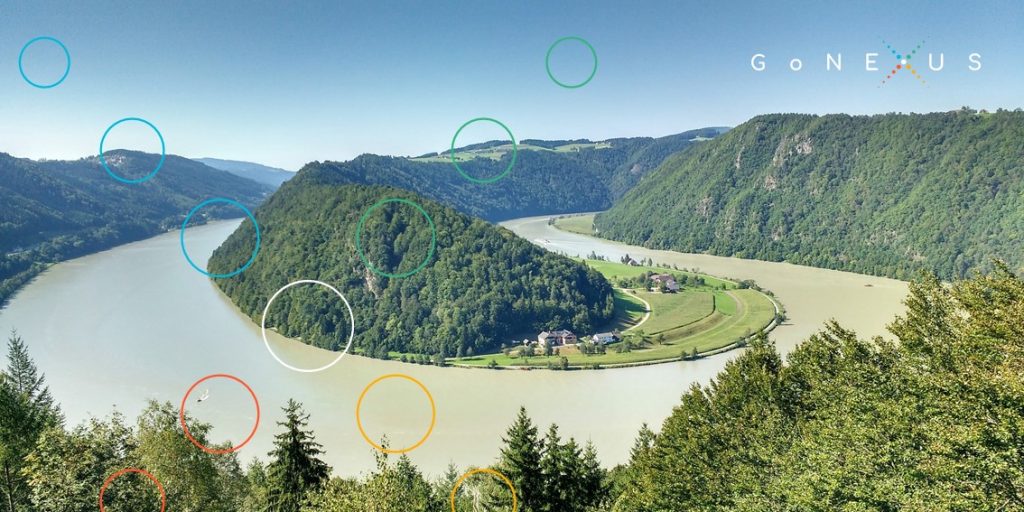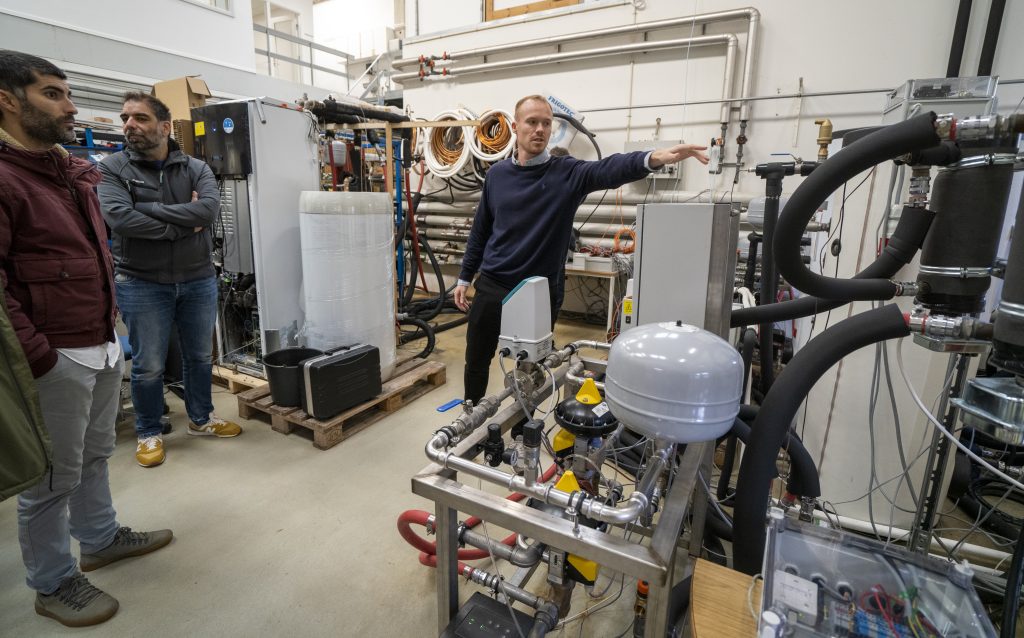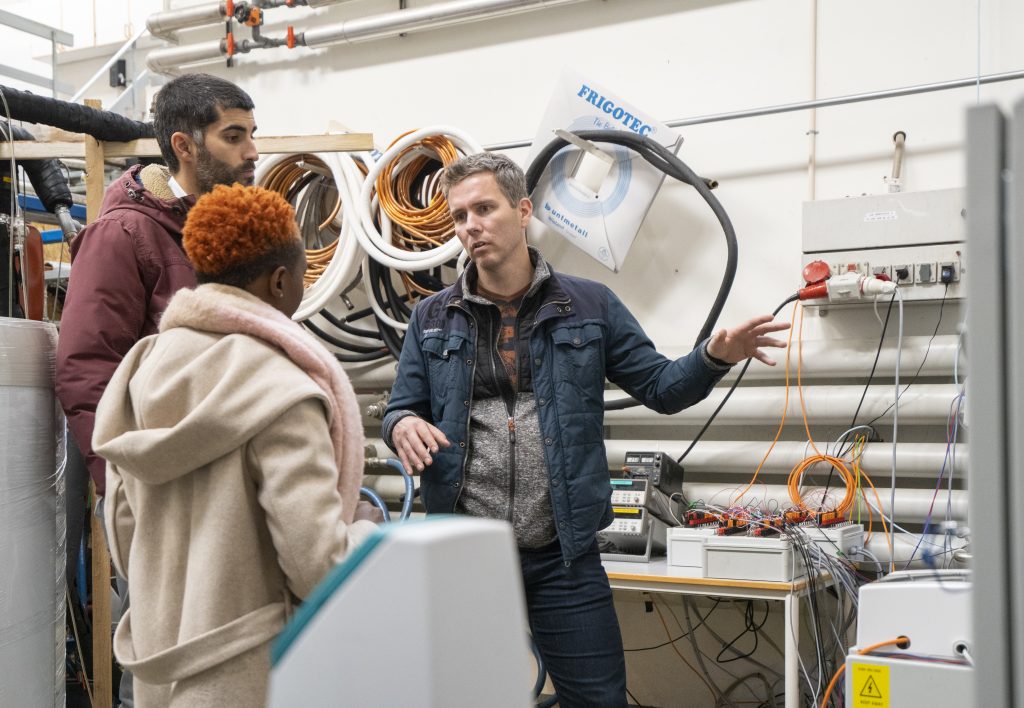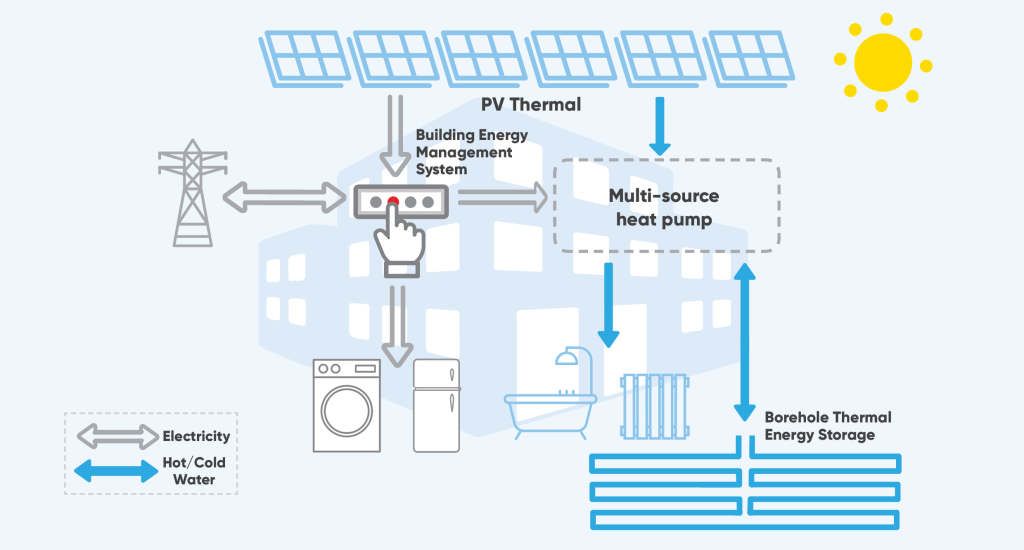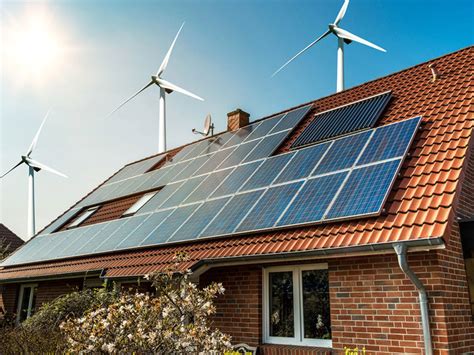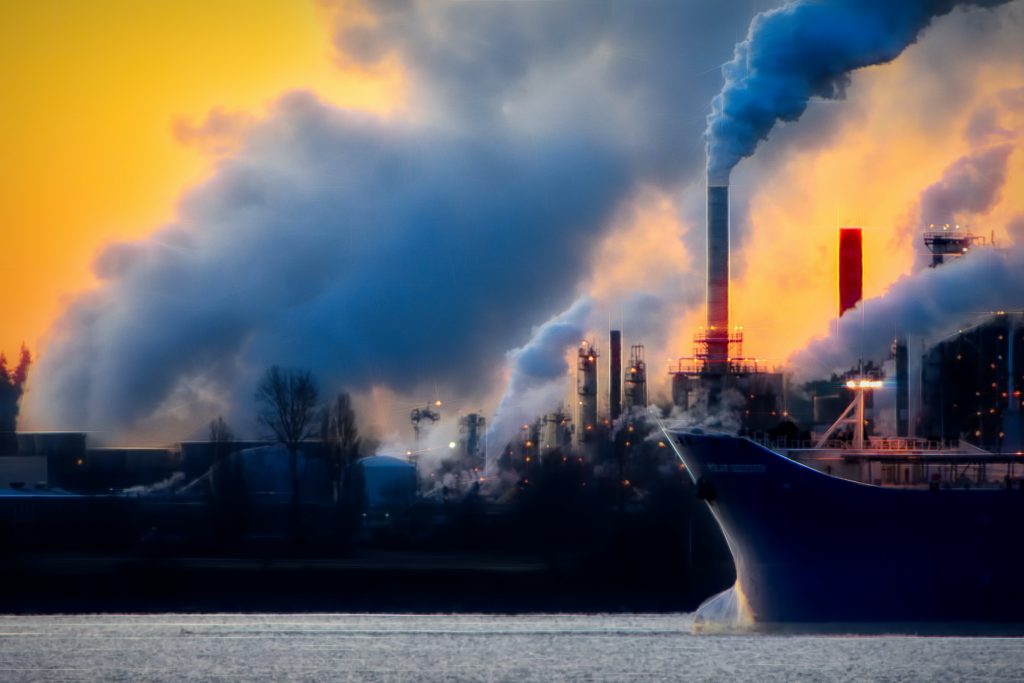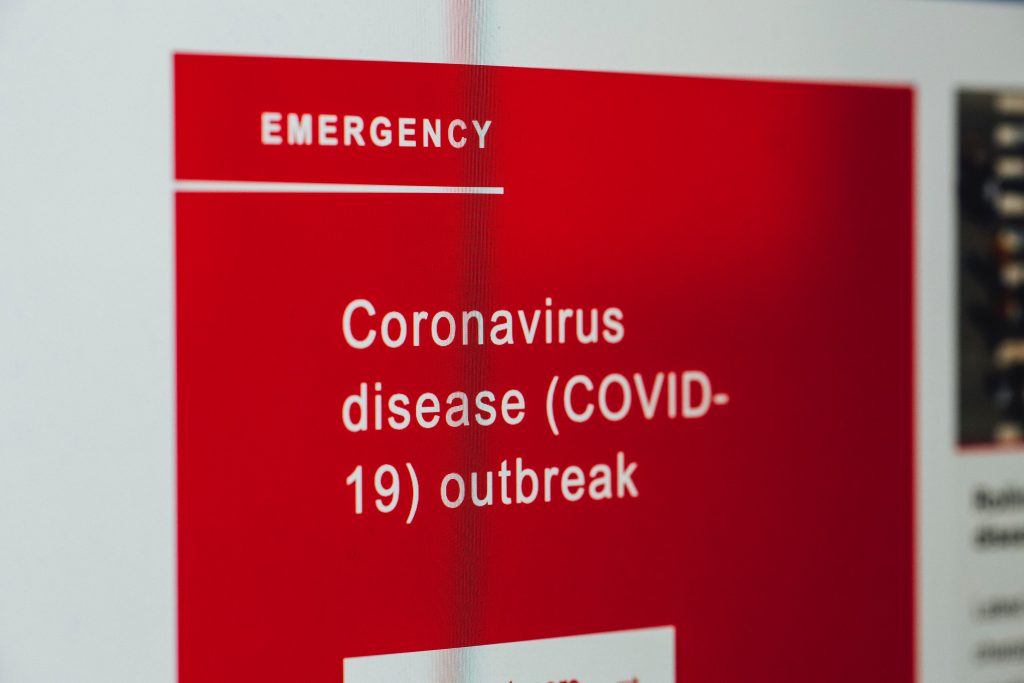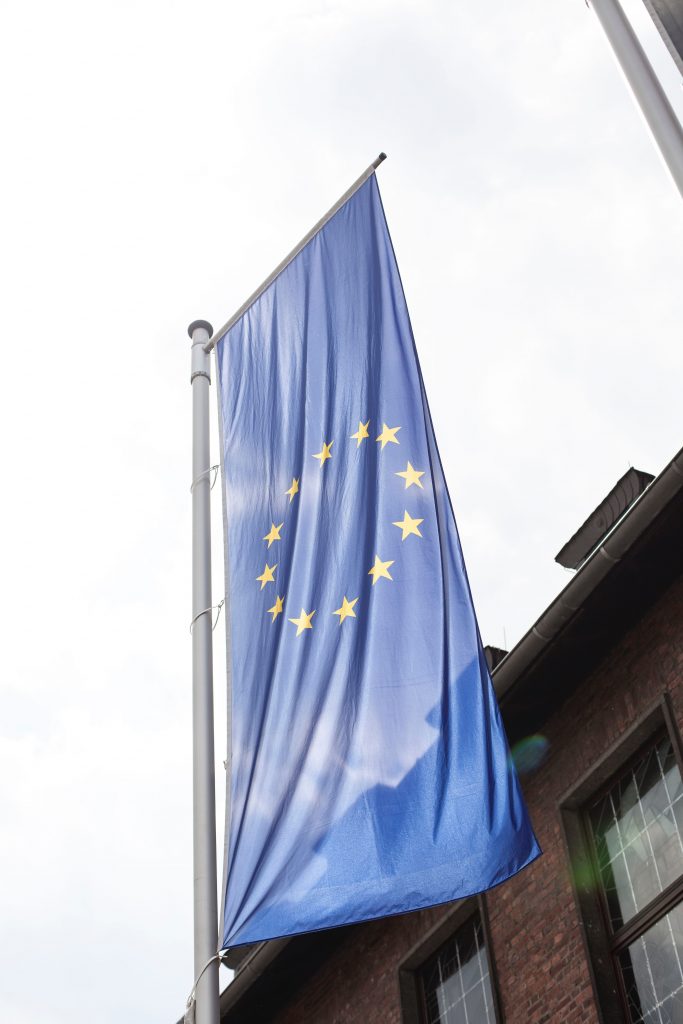In a time of increasing demand for the earth’s limited resources, the GoNEXUS project develops solutions for more efficient and sustainable resource management. It does so through a holistic approach to how the resources interplay rather than by examining each one of them individually.
Supplying clean
While decarbonisation is the main objective of the RES4BUILD integrated energy solutions, decoupling from fossil fuels contributes to security of supply, and using on-site generated electricity contributes to affordability, moving away from heavily fluctuating market prices. A report has indicated the technical potential of these integrated energy systems in the European market,
A good practice assssment performed by the EU funded RES4BUILD project reveals that accelerating the uptake of Integrated Energy Solutions (IES) increasingly requires consideration of financial and social innovation to address non-technological barriers.
Maintaining indoor comfort in buildings accounts for more than 30% of total energy use worldwide – smart control of building energy use can contribute greatly towards energy sustainability goals. This is an important part of the RES4BUILD project which is looking at renewables for clean energy buildings in a future power system.
ROLES is identifying how European city-regions can accelerate decarbonisation through digitalisation of energy infrastructure. The UK case study focuses on solar neighbourhoods, researching how digitalisation, decentralisation and the rise of prosumers (producer-consumers) can assist the rollout of solar energy.
Studies indicate the actual cost of global warming will be highest for the three top emitting countries: China, India and US and with the most to lose from climate change. The cost is higher than first assumed. Many countries have not yet recognised the risk posed by climate change. This study aims at filling this gap and shows mapping of domestic impacts of climate change can help better understand the determinants of international cooperation.
A recent paper in the journal Energy Research & Social Science by MAGIC researchers Ansel Renner and Mario Giampietro (Universitat Autonoma de Barcelona) presents a novel approach to the responsible use of […]
‘Green Lights Program,’ established in 1996, was to promote energy efficiency in lighting due to expected increased demand for the electricity system in China and resulted in environmental and economic benefits. The program’s success can be attributed to five key factors discussed in this paper.
Pandemics have led to an increase in inequality. After COVID-19, an additional 75 million of poor is estimated at the global level in 2020. Current policies to address inequality are inadequate; policymakers should aim to mitigate climate change and recovery from the COVID-19 crisis while protecting the most vulnerable.
The European Union aims for 2030 to reduce greenhouse gas emissions by 40% compared to 1990 levels. Furthermore, the long-term vision is to become climate-neutral by 2050; this means transforming the current energy system. Compiled from MUSTEC’s research activities, key drivers and policy decisions are identified and explained for effective CSP deployment in Europe in the coming years up to 2050.
- 1
- 2

